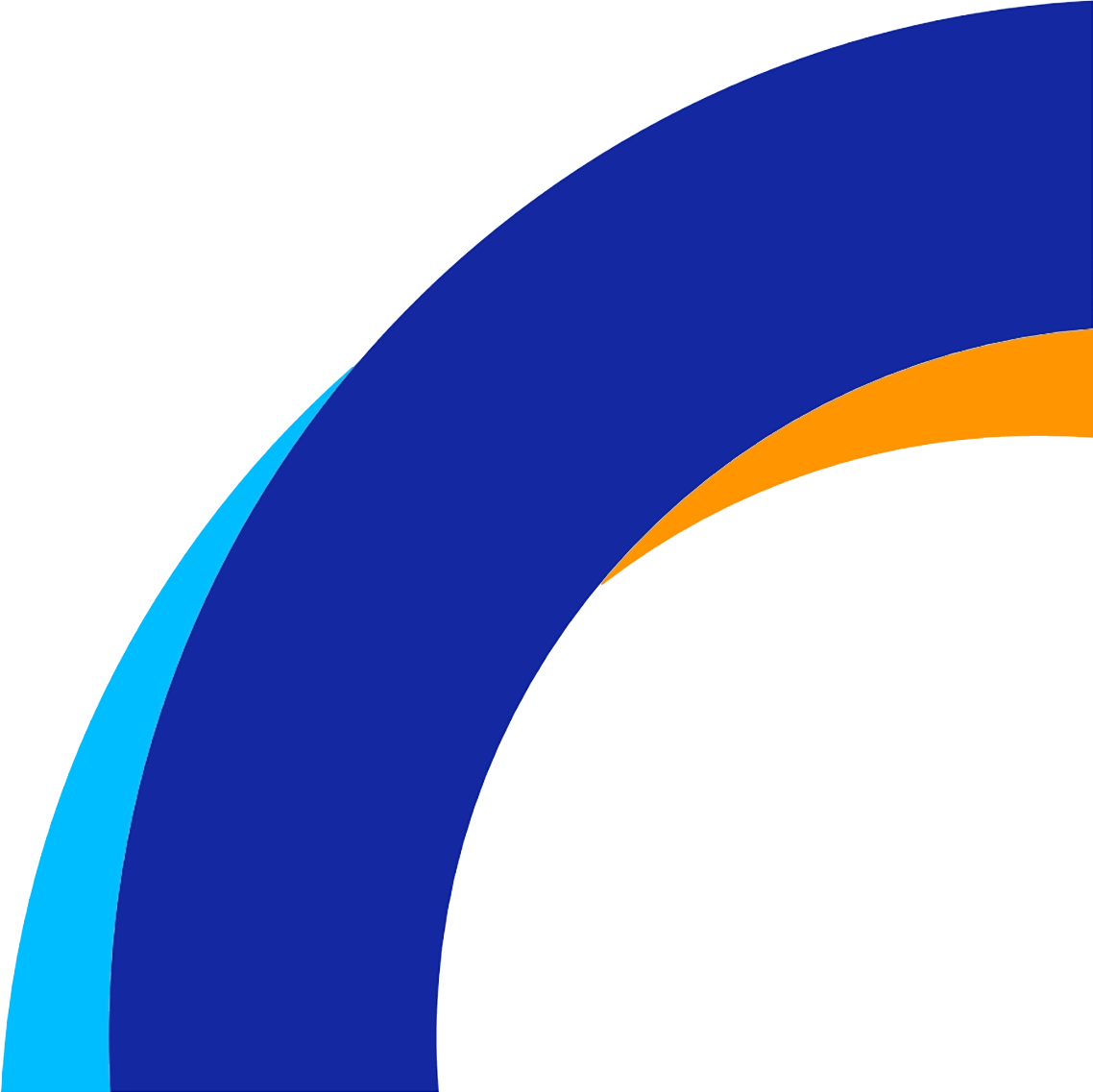| Global market players are disappointed with the Bank of Japan’s (BoJ) monetary policy, which is considered too dovish because it does not provide a clear picture regarding the end of BoJ's negative interest rate policy. Previously, market players speculated that the policy would end in the near future (December or January). However, the monetary policy announcement (12/19) sparked uncertainty regarding when the BoJ would end its negative interest rate policy. As a result, the 10Y JGB yield fell -5 bps to 0.63% and JPY depreciated 0.7% to 143.8. Meanwhile, investor enthusiasm in the SBN market is starting to wane ahead of the year-end holidays, as reflected by the decline in demand at yesterday's SBSN auction (see Fixed Income News). We project the 10Y INDOGB yield to fluctuate in the range of 6.5-6.6% today, while Rupiah might stay in between IDR 15,450-15,550/USD.
Fixed Income News: Incoming bids in the SBSN auction fell sharply to IDR 11.9tn (12/5: IDR 19.8tn). The new SBSN issuance value also fell sharply to IDR 4tn (12/5: IDR 9.1tn). In our opinion, the low appetite was caused by two things; 1) inappropriate timing (nearing the year-end holidays) and 2) investors' cautious approach toward the possibility of overbought in the SBN market. (DJPPR) Global Economic News: BoJ maintains its negative benchmark interest rate of -0.1%. In his speech, BoJ Governor Kazuo Ueda highlighted the wage-price spiral phenomenon that is starting to form in Japan. Wage-price spiral is a phenomenon of a spike in inflation triggered by a feedback effect between rising prices and wages. It seems that this phenomenon has prevented the BoJ from making drastic changes in Japan's monetary policy in the future, including ending the negative interest rate policy. Unfortunately, Governor Ueda did not provide further explanation regarding whether the current wage-price spiral condition makes it possible for the BOJ to end its negative interest rate policy in the near future. (Nikkei) Domestic Economic News: Ministry of Finance will raise cigarette excise tax by 10% in January 2024. This decision is based on Minister of Finance Regulation no. 191/2022, and it might hurt the future prospects of listed cigarette companies, which is experiencing a decline in production of -1.8% yoy. In We believe that the government's decision to raise cigarette excise (which is quite unpopular in an election year) was caused by the drop cigarette excise revenue of -3.7% yoy (as of December 12). (Kontan) Recommendation: FR0096, FR0097, FR0098, FR0100, FR0101. |


Samuel Sekuritas Indonesia is a leading Indonesian securities brokerage firm. Established in 1997, the firm has grown to become one of the most respected and trusted financial services companies in the country. With a wide range of services and products, Samuel Sekuritas Indonesia has become a trusted partner to many investors, both institutional and individual.
The company offers a variety of financial services, including equity, debt and derivative securities brokerage services, research and portfolio management, asset management and capital market services, as well as a range of other investment solutions. Samuel Sekuritas Indonesia is also a leader in providing financial education and training, and has established itself as a leading provider of investor relations services.
The company has a strong research capability and is committed to providing its clients with up-to-date and reliable market analysis and recommendations. It also has a team of experienced and knowledgeable professionals who are dedicated to providing quality service to its clients. As a result, Samuel Sekuritas Indonesia has become a preferred partner for many investors in Indonesia.
In addition to its financial services, Samuel Sekuritas Indonesia also offers a range of other services, such as corporate finance and advisory services, mergers and acquisitions, and venture capital.